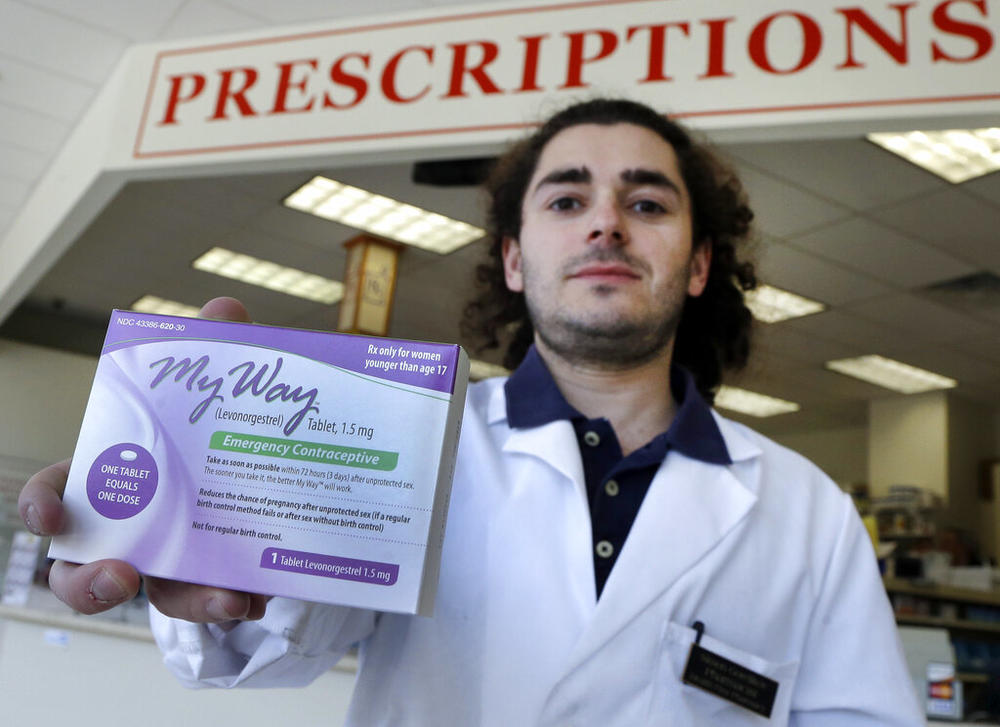
Caption
Emergency contraception is a time-sensitive medication. The sooner a person takes the drug after having sex, the more likely it will work at preventing an unwanted pregnancy.
Credit: (AP Photo/Elise Amendola)
A new study from the University of Georgia concludes that emergency contraception medication — sometimes called “the morning-after pill” should be more accessible. GPB’s Ellen Eldridge reports.

Emergency contraception is a time-sensitive medication. The sooner a person takes the drug after having sex, the more likely it will work at preventing an unwanted pregnancy.
Experts say anyone serious about curbing abortion rates should expand access to all forms of birth control — including emergency contraception.
New research from the University of Georgia found only 57% of Georgia pharmacies stocked the emergency contraceptive Plan B, which is also known as levonorgestrel. In rural parts of the state, only 46% of pharmacies had the medication in stock as opposed to 63% in metro areas.
UGA School of Pharmacy Clinical Associate Professor Rebecca Stone, the lead author on the study, said a lack of access to Plan B could lead to more abortions in the state, especially in rural areas where rates of teenage pregnancy are already high.
"Rural areas have a real opportunity to help expand access to these meds," Stone said. "And we want to make sure that we support pharmacists and pharmacies keeping them in stock, making sure they're accessible and, you know, making sure that we're giving patients all their options."
Plan B is most effective in the first three days after sex, but the emergency contraception can help prevent pregnancy for up to five days. That's because, similarly to birth control pills, Plan B prevents the release of an egg from the ovary.
Delaying the egg's release gives the sperm time to dissipate after sex, and then the sperm and the egg never have a chance to meet, which is also part of why it's so important to take emergency contraceptive pills as soon as possible after sex, Stone said. Once the eggs release from the ovary, then emergency contraceptive pills don't work at all anymore.
"I think that this is more important in light of the bill that's going through Georgia right now, limiting medical abortion," Stone said. "Because if you're going to limit medical abortion, there's an even greater need to try and offer women access to these other preventative medicines, like contraception and emergency contraception."